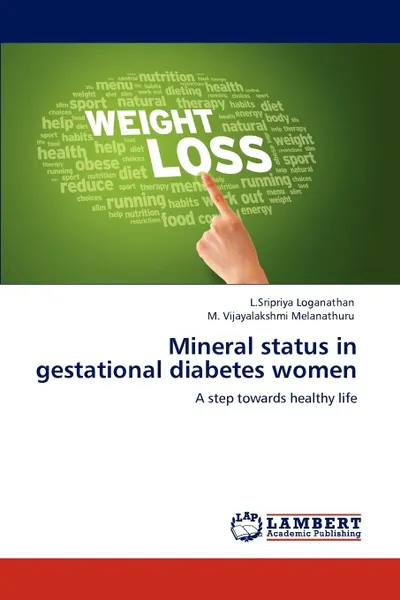Mineral status in gestational diabetes women 14+
92 страницы
Категория: Научная литература
ISBN: 9783659146350
Язык: Английский
📘 In normal cases, the stomach and intestines are responsible for digestion of the food's carbohydrates into a simple sugar known as glucose. Glucose serves as the body's primary energy source. Post digestion, glucose enters the bloodstream to provide energy to various parts of the body. Pancreas produces a hormone known as insulin. In order to transport the glucose from the blood to the cells, insulin is needed. Individuals suffering from diabetes produce insufficient insulin. Alternatively, the cells fail to utilize insulin. This causes glucose levels to increase in the blood, causing high blood sugar or diabetes. Gestational diabetes mellitus is a form of diabetes affecting only pregnant women. If a pregnant woman develops diabetes for the first time during pregnancy, she is said to suffer from gestational diabetes mellitus. Blood samples were collected from control subjects (Group I) and GDM patients (Group II). After preliminary preparation, the processed samples were subjected to minerals analysis in Atomic Absorbtion Spectrophotometer. Deuterium lamp background correction. Calcium, copper, magnesium, zinc and iron levels were greater than control.
Мнения
